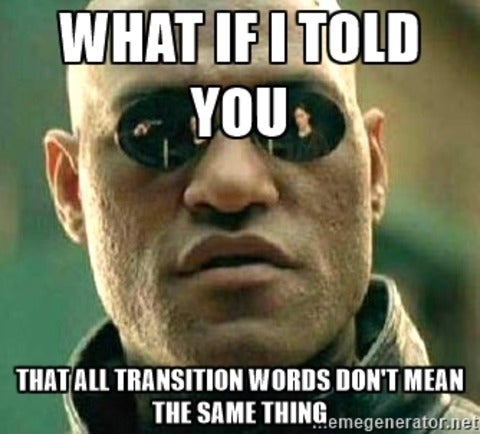Oxford commas: what’s the whole fuss about?
The Oxford comma, also known as the serial comma, is one of those writing conventions in English that people either love or hate. If you were one of the lucky few in high school to have an English teacher who was particularly passionate about the subject, then you probably know what I’m talking about. The most important thing to know about the Oxford comma is that it isn’t a clear cut grammar rule. In other words, it is what one could call “optional punctuation”.






